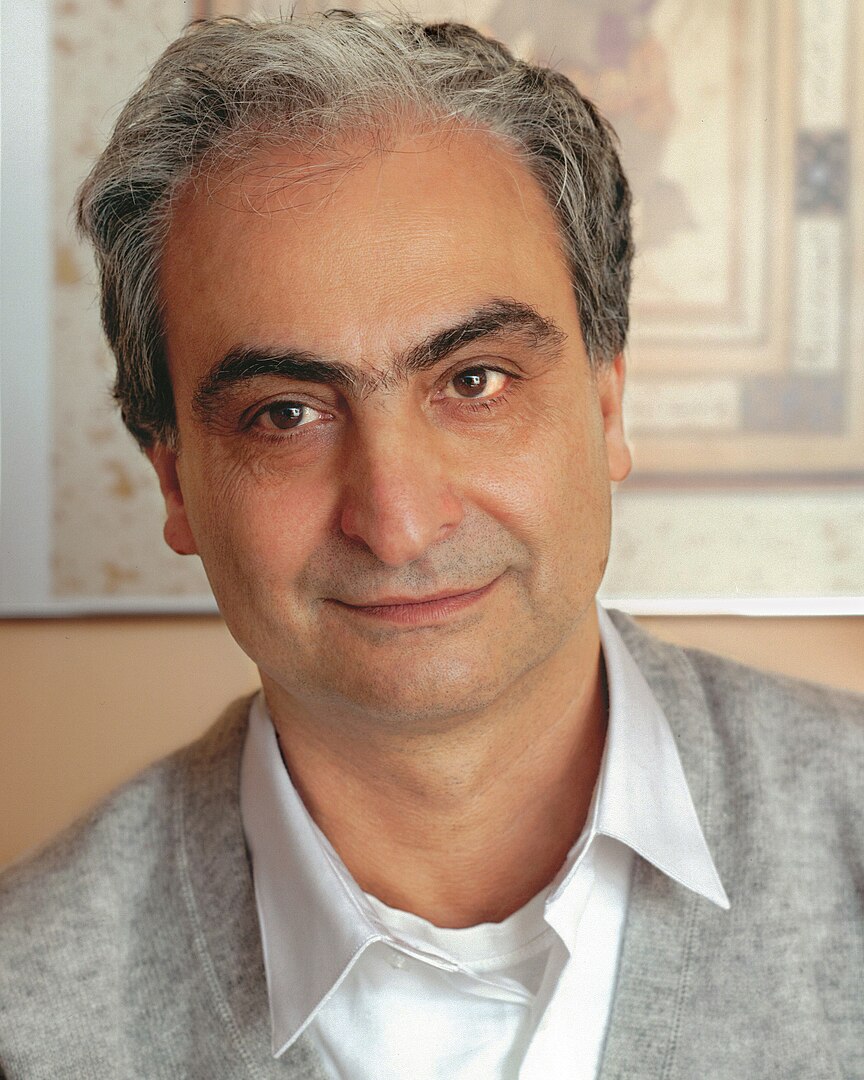Available from Sufi Journal via a digital subscription
It is during times of crisis and suffering that we tend to turn inward and search for meaning in our lives and a purpose for our existence. It is as though human beings are woken up by seeing suffering all around them and are pushed to focus their attention on important questions: What is the purpose of our being on this planet? Is there any meaning to our existence beyond our mundane day-to-day routine?
Throughout the pandemic we have witnessed or experienced beauty and love in the midst of human suffering. One could not help but be moved by watching a mother say goodbye to her son from afar, preferring to die alone than to risk her son’s life by allowing him to come to the hospital, or a lover who takes care of a sick sweetheart, knowing full well that it is almost certain that he will catch the virus.
Alongside suffering and disaster, we witness the richness and meaning of beauty in human behaviour, a beauty that may be less prevalent in our daily lives during more normal times.
The experience of beauty paves the way for the experience of love. We see beauty and love rise up in us. We see the beauty in the mother’s actions and we experience the love that she feels for her son. In this way, beauty always precedes love. The experience of beauty in the world draws one to the source of beauty and ultimately to divine love. Plato pointed out that the beauty we see in the world is a reflection of divine beauty. This idea was adopted later by many spiritual schools including Sufism. For Sufis, the experience of beauty reminds us of our real homeland, the divine domain. There are many Sufi stories illustrating how the novice is so struck by the experience of beauty of the character of the spiritual guide that the experience opens the door to the divine love for the seeker of truth.
How is it then possible to open ourselves to the experience of beauty? How is it possible that where most people can see only suffering, others can actually see beauty in the midst of suffering? It is, of course, easier to see ugliness in the world, especially now. Just pick up a newspaper and you will read about sickness and death due to Coronavirus, the bickering of the politicians, the plight of refugees, the increasing poverty in third-world countries and the catastrophic effects of climate change. This is not to say that solutions to these problems are not vital to our continued well-being on this planet. But at the same time, it is important to remind ourselves that it is also vital for our well-being—both mental and spiritual—to experience beauty and love in this world.
The first step towards seeing beauty in the world is to close the eyes of the ego or self-interest—namely, a what’s-in-it-for-me attitude—in our interactions with other people and the world. To see beauty we must stop looking at things or people from a utilitarian point of view, that is, as instruments to gratify our senses, or vehicles to provide comfort for us or as sources of our own pleasure. We can start with obvious things in which we can find beauty: a flower, a peacock, a piece of music, a painting or a poem should be appreciated for its own sake without having a preconception that its worth is limited only to the utility and benefit it provides us. To experience the beauty in a flower, we should experience it as it is, not as an object that produces nectar and pollen for the bees which results in the production of honey for us. Or as an object that we can offer to gain someone’s favor. Once we appreciate beauty for its own sake, we can then move to view people that we encounter in our daily life for who they are and not as contributors to our wellbeing.
This also applies to the spiritual domain. To experience divine beauty and ultimately divine love, we should not engage in a transaction with God, or perform various practices with the view that such rituals would make us grow spiritually or get us some kind of reward. We should not believe in certain dogmas in order to be absolved of our sins or even be a better person. To experience beauty we should not have any expectations or preconceptions about our encounter with the spiritual realm which stem from our self-interest. In short, we should take ourselves out of the equation. It is only then that we can experience beauty and love even in the midst of great suffering. After all, the capacity to love is precious. It was given to us since the angels couldn’t love.
In the words of Hafez:
In eternity the ray of Your beauty became manifest,
Thereupon, love appeared and set fire to the whole world.Your face was radiant with beauty but saw that angels cannot love,
It then became a ball of fire and struck humankind with love.

